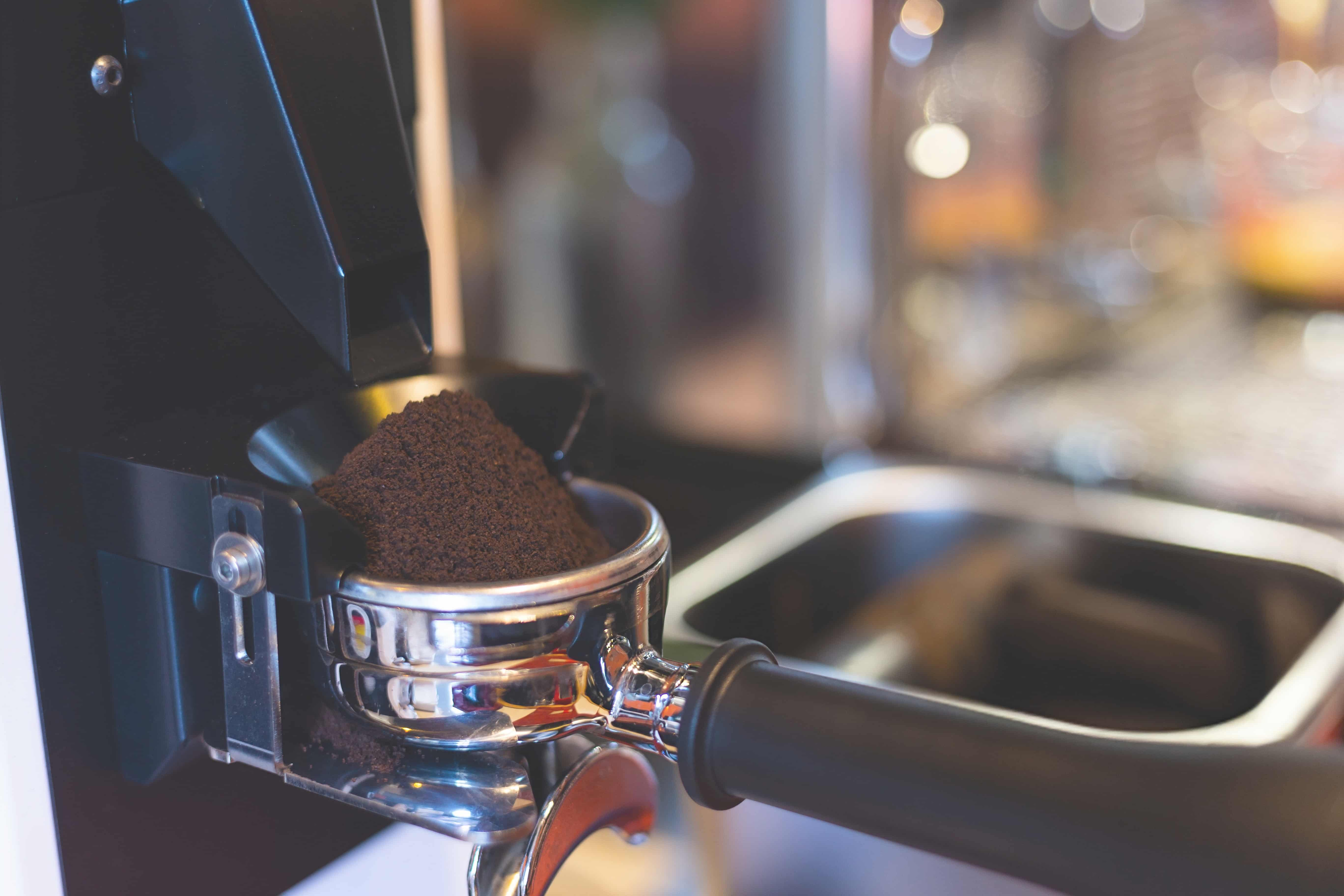Unlocking the Full Potential of Your Coffee Experience
The journey from coffee bean to the perfect cup begins with a crucial yet often overlooked tool - the coffee mill. A quality coffee mill stands as the cornerstone of exceptional coffee brewing, transforming whole beans into precisely ground particles that release optimal flavor and aroma. Whether you're a passionate home barista or simply someone who appreciates a great cup of coffee, understanding the significance of a proper coffee mill can revolutionize your daily brewing ritual.
When coffee beans are ground just moments before brewing, they retain their complex flavor compounds and natural oils, delivering a notably superior taste compared to pre-ground coffee. The coffee mill you choose directly impacts how these flavors are extracted during brewing, making it perhaps the most important piece of equipment in your coffee-making arsenal.
Understanding Coffee Mill Mechanics and Design
Burr vs. Blade: The Essential Difference
At the heart of every coffee mill lies its grinding mechanism, with two main categories dominating the market: burr grinders and blade grinders. Burr coffee mills utilize two abrasive surfaces that crush beans to a consistent size, while blade grinders use a spinning blade to chop beans randomly. The precision of burr coffee mills produces uniform grounds that extract evenly during brewing, resulting in a more balanced and flavorful cup.
Professional baristas consistently recommend burr coffee mills for their superior consistency and control. The ability to adjust the distance between burrs allows for precise particle size control, essential for different brewing methods from espresso to French press.
Materials and Construction Quality
The materials used in a coffee mill's construction significantly impact its performance and longevity. High-quality burr sets are typically made from hardened steel or ceramic, with steel being more common in professional-grade equipment. The housing material, whether plastic or metal, affects both durability and grind consistency through stability during operation.
Investment in a well-constructed coffee mill pays dividends through years of reliable service. Quality materials resist wear, maintain alignment, and produce consistent results cup after cup.
Impact of Grind Quality on Coffee Flavor
Particle Size Consistency
The uniformity of ground coffee particles plays a crucial role in extraction quality. A good coffee mill produces grounds of consistent size, ensuring even extraction during brewing. Irregular particles can lead to both under and over-extraction within the same brew, resulting in bitter or sour notes that detract from the coffee's intended flavor profile.
Professional-grade coffee mills achieve this consistency through precisely machined burrs and stable grinding mechanisms. The investment in quality grinding equipment becomes apparent in every cup, as uniform extraction allows the full spectrum of coffee flavors to shine through.
Heat Generation and Flavor Preservation
Quality coffee mills are designed to minimize heat generation during grinding, preserving the beans' volatile compounds. Excessive heat can cause oils to oxidize prematurely, resulting in a loss of flavor before brewing even begins. Superior mills utilize materials and designs that dissipate heat effectively, protecting the integrity of your coffee beans.
The speed and efficiency of grinding also impact heat generation. Higher-end coffee mills often feature lower RPM motors that reduce friction while maintaining productivity, striking an ideal balance between speed and flavor preservation.

Selecting the Right Coffee Mill for Your Needs
Considering Your Brewing Method
Different brewing methods require specific grind sizes, making versatility a key feature in a good coffee mill. Espresso demands a fine, consistent grind, while French press coffee requires coarser particles. A quality coffee mill should offer multiple grind settings that can be adjusted easily and repeatedly with precision.
The ability to switch between brewing methods without compromising grind quality ensures your coffee mill remains valuable as your coffee journey evolves. Consider your current preferred brewing method while keeping future exploration in mind.
Capacity and Usage Requirements
Your daily coffee consumption and household size influence the ideal coffee mill capacity. Some users prefer grinding fresh for each brew, while others benefit from larger capacity mills that can process enough beans for multiple servings. Consider both the hopper capacity for whole beans and the ground coffee container size when evaluating options.
Additionally, factor in the physical size of the mill relative to your available counter space. The best coffee mill balances capacity with practicality for your specific situation.
Maintenance and Longevity
Regular Cleaning Practices
Proper maintenance ensures your coffee mill continues to perform optimally year after year. Regular cleaning removes oil buildup and coffee residue that can affect flavor and grind consistency. Quality mills are designed with accessibility in mind, making routine cleaning straightforward and efficient.
Developing a regular cleaning schedule extends the life of your coffee mill while maintaining the quality of your daily brew. Most manufacturers provide specific cleaning guidelines that should be followed to preserve warranty coverage and optimal performance.
Long-term Care and Replacement Parts
Even the best coffee mills require occasional maintenance beyond regular cleaning. Burrs may need replacement after years of use, and other components might require attention. Choose a mill from a manufacturer that provides good customer support and readily available replacement parts.
Consider the availability of authorized service centers and the manufacturer's warranty terms when making your selection. A quality coffee mill represents a long-term investment in your coffee enjoyment.
Frequently Asked Questions
How often should I clean my coffee mill?
For optimal performance, clean your coffee mill weekly with a thorough brush cleaning of the burrs and grinding chamber. Deep cleaning with specialized grinder cleaning tablets should be performed monthly for heavy users or every few months for occasional users.
Can a good coffee mill really make that much difference in taste?
Absolutely. A quality coffee mill produces uniform grounds that extract evenly during brewing, resulting in noticeably better flavor clarity, balance, and overall cup quality. The difference is particularly apparent with higher-quality coffee beans and more precise brewing methods.
What should I expect to invest in a quality coffee mill?
While quality coffee mills represent a significant initial investment, typically ranging from $200 to $500 for home use, they provide value through consistent performance, durability, and superior coffee quality. Professional-grade models may cost more but offer additional features and longevity.




